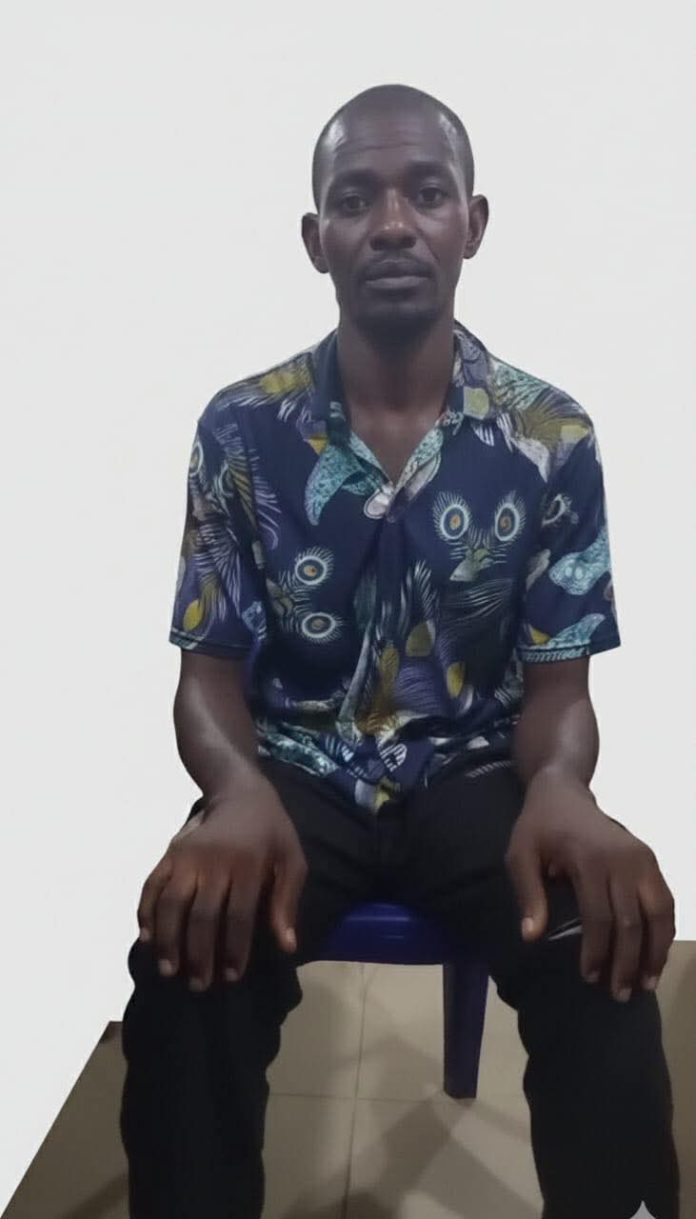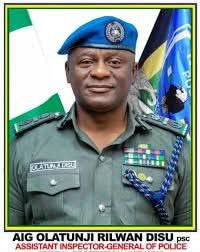OPINION
Newsflo.ng
Power, Party Supremacy And The Future Of Political Stability In Ondo State
By ‘Lade Fasua, FCA.
Politics, when properly understood, is not merely about positions. It is about structure, order, and legitimacy. Where structure collapses, instability replaces progress. Where legitimacy is undermined, democracy becomes fragile.
In recent days, our dear Ondo State has witnessed developments that compel sober reflection. From the deeply disturbing incident involving the manhandling of state officials, to the tragic loss of two party members during the ward congress in Idanre Local Government, to the sudden proliferation of politically aligned “support groups,” one fundamental question confronts us: Are we strengthening our party, or are we destabilising it?
This is not a time for whispers. It is a time for clarity. Under the Constitution of the Federal Republic of Nigeria, a Governor is the Chief Executive of a state. He is elected directly by the people and entrusted with executive authority over the affairs of that state. Political parties operate under regulation by the Independent National Electoral Commission pursuant to the Electoral Act.
However, party Constitution allows for chairmen and executives at state level to maintain administrative purview.
But political leadership is not defined by paperwork alone. Across Nigeria’s democratic experience whether within the All Progressives Congress or any other political party, the sitting Governor has functioned as the political leader of his party within the state.
Why?
Because he carries the electoral mandate. Because he bears the burden of governance. Because he answers daily to the people. Leadership flows from mandate. Not proximity. Not noise. Not dollarization. Not parallel structures.
No political party can survive two competing command centers within the same state.
When factional loyalties begin to crystallize, party executives are intimidated, ward congresses turn violent, and externally sponsored support groups multiply beyond organic grassroots mobilisation, then something deeper than ambition is at play.
Let us speak honestly.
The unfortunate violence witnessed during the Idanre ward congress where lives were lost, is not merely a security issue. It is a symptom of internal power struggle taken too far. Politics must never be worth blood. Democracy cannot survive intimidation.
Nigeria operates a federal system. Federal appointees including Ministers play important roles. They facilitate projects, influence policy at national level, and connect states to federal opportunities. But there is a clear distinction between federal authority and state political leadership. A Minister derives appointment from the President. A Governor derives mandate from the people of the state. These are not identical sources of legitimacy.
Federal influence should reinforce state leadership — not compete with it. When support groups spring up overnight, funded and structured to challenge existing party hierarchy, we must ask: is this organic mobilisation, or is it engineered fragmentation? True support grows from community engagement not from parallel command centers.
History teaches painful lessons. Where Governors are undermined within their own parties, then primaries become chaotic, court cases multiply, defections increase, the opposition gains oxygen and the electorate observes quietly. They may not attend ward meetings, but they watch instability, and instability weakens confidence. God forbid that our party fractures internally, the consequences will not be borne by one individual — they will be borne collectively.
This week coincides with the first anniversary of this administration.
Across the three senatorial districts of Ondo State, projects were commissioned, infrastructure revived, institutions strengthened, development initiatives activated. I had the honour of witnessing these engagements. I saw firsthand the reception of communities, the connection between mandate and measurable performance.
Governance is not sustained by slogans. It is sustained by visible impact.
When a Governor, within one year, demonstrates tangible development across the North, Central and South senatorial districts, the moral authority of that mandate deepens. Leadership anchored on service earns legitimacy that cannot be manufactured through sponsored mobilisation.
It raises a fundamental question:
How does anyone think that such a performing Governor, actively delivering dividends of democracy across the State, can suddenly become an object of internal destabilisation? Democracy must never descend into a contest between performance and financial muscle. Political capital built on service will always outlast those built on pecuniary inducement.
As someone aspiring to serve in the Ondo State House of Assembly, I make my position clear, calmly, firmly, and responsibly. I stand for institutional order. I stand for respect for the mandate freely given to our Governor by the people of Ondo State. I stand against parallel political structures that threaten cohesion.
This is not blind loyalty. It is structural loyalty. For no Governor can stand being undermined by any federal appointee, no matter the depth of his dollar- pocket.
The Governor is the highest elected office holder of the party in our state. He carries the burden of governance and accountability. Political stability demands that party leadership within the state aligns with that mandate. Disagreements can exist. Ambitions can be pursued. But destabilisation cannot be normalised.
Our state has endured political turbulence in the past. We know what instability looks like. We know how fragile political cohesion can become when personal ambition overrides collective discipline. We must not return to that era.
If we allow violence to define congresses, intimidation to define meetings, and factional propaganda to define mobilisation, we will be weakening the very platform we seek to inherit. We all know that leadership is not seized through spectacle. It is sustained through legitimacy. And legitimacy, ultimately, belongs to the people — expressed through their Governor.
My people, this is a call for restraint. A call for discipline. A call for political maturity. Let federal strength complement state mandate. Let ambition operate within structure. Let party unity override personal rivalry.
Ondo State deserves stability. Our party deserves cohesion. Our members deserve safety. And our Governor, as the elected leader of the state, deserves institutional respect as the political leader of the party within Ondo State.
Let’s not forget that history will remember those who built stability and those who threatened it.
The choice before us is clear.
May Ondo State succeed.
‘Lade Fasua is a Fellow Chartered Accountant, Economist and Public Affairs Analyst. He writes from Owode Quarters, Akure South Constituency 2.











